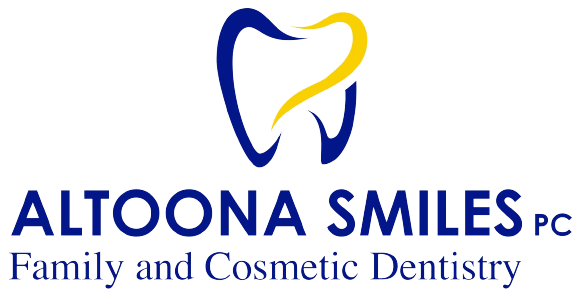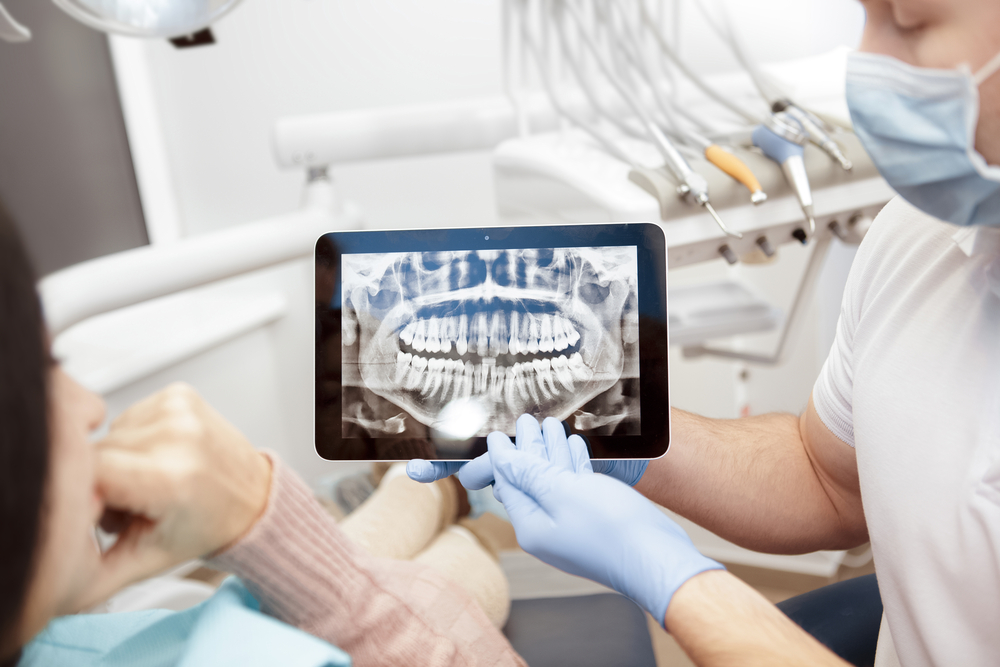The old saying “you are what you eat” not only applies to your overall health but also your oral health. What you consume has a direct impact on the health of your teeth and gums. Eating a healthy and balanced diet can help promote good oral health by providing the necessary nutrients and vitamins to keep your teeth and gums strong. On the other hand, consuming too much sugar and acidic foods and drinks can lead to tooth decay and gum disease. In this day and age, it’s important to understand the connection between diet and oral health to make informed decisions about what we eat and drink, and to maintain good oral hygiene habits for optimal oral health.
The Impact of Diet on Oral Health
Diet has a significant impact on oral health. What we eat and drink affects the health of our teeth and gums in a variety of ways. Consuming foods and drinks that are high in sugar, starch, and acid can lead to the formation of plaque, which can cause tooth decay and gum disease. On the other hand, eating a healthy and balanced diet that includes fruits, vegetables, whole grains, and lean proteins can provide the necessary vitamins and minerals to keep teeth and gums healthy and strong. For example, foods high in calcium, such as dairy products and leafy greens, can help strengthen teeth and bones. Additionally, drinking water helps to rinse away food particles and bacteria, promoting good oral health. By making healthy dietary choices and maintaining good oral hygiene habits, we can prevent dental problems and promote optimal oral health.
There are several essential nutrients for oral health that we should aim to consume through our diet. Here are some examples of these nutrients and the foods/drinks that contain them:
- Calcium: Calcium is essential for strong teeth and bones. Good sources of calcium include dairy products like milk, cheese, and yogurt, as well as leafy green vegetables like kale and spinach.
- Vitamin D: Vitamin D is important for the absorption of calcium and helps to strengthen teeth and bones. Foods high in vitamin D include fatty fish like salmon and tuna, egg yolks, and fortified cereals.
- Vitamin C: Vitamin C helps to strengthen gums and promote healing of gum tissue. Good sources of vitamin C include citrus fruits like oranges and grapefruits, berries, and vegetables like red bell peppers and broccoli.
- Phosphorus: Phosphorus works together with calcium to strengthen teeth and bones. Foods high in phosphorus include meat, fish, poultry, dairy products, and nuts.
- Fiber: Fiber helps to promote saliva production, which helps to rinse away food particles and neutralize acid in the mouth. Good sources of fiber include fruits, vegetables, and whole grains.
By consuming these essential nutrients through our diet, we can help promote good oral health and prevent dental problems.
How Water Benefits Oral Health
In addition to consuming the nutrients mentioned above, drinking water also benefits oral health. Because of this, it is recommended to drink at least eight 8 oz glasses of water a day.
Drinking water has several benefits for oral health, including:

- Keeps the mouth hydrated: Drinking water helps keep the mouth hydrated, which is essential for producing saliva. Saliva helps to rinse away food particles and bacteria that can cause tooth decay and gum disease.
- Prevents dry mouth: Dry mouth is a condition that occurs when there is not enough saliva in the mouth. This can lead to bad breath, tooth decay, and gum disease. Drinking water can help prevent dry mouth by keeping the mouth hydrated.
- Neutralizes acids: Drinking water can help neutralize acids in the mouth that can cause tooth decay. When we consume sugary or acidic drinks, the bacteria in our mouth produce acids that can erode tooth enamel. Drinking water can help rinse away these acids, reducing the risk of tooth decay.
- Cleanses the mouth: Drinking water can help cleanse the mouth by washing away food particles and bacteria. This can help prevent plaque buildup and gum disease.
- Prevents staining: Drinking water can help prevent staining of the teeth by washing away pigments from food and drinks. This can help keep the teeth looking white and bright.
Overall, drinking water is essential for maintaining good oral health. It is recommended to drink at least 8 glasses of water a day, and more if you are exercising or living in a hot climate.
Sugar, Acids, and Oral Health
Sugars and acids can both have a significant impact on oral health.
Sugars:
When we consume sugary foods and drinks, the bacteria in our mouths feed on the sugars and produce acid as a byproduct. This acid can erode tooth enamel, leading to cavities and tooth decay. If left untreated, tooth decay can progress to more serious dental problems, including gum disease and tooth loss.

Acids:
Acidic foods and drinks can also erode tooth enamel and cause tooth decay. In addition to acidic beverages like soda and fruit juices, foods like citrus fruits, tomatoes, and pickles can also be acidic and cause damage to teeth.
Both sugars and acids can also cause dry mouth, which can lead to an increased risk of tooth decay and gum disease. Saliva helps to rinse away food particles and neutralize acids in the mouth, so a lack of saliva can be detrimental to oral health.
To maintain good oral health, it’s important to limit sugary and acidic foods and drinks and practice good oral hygiene habits like brushing and flossing. Drinking water and chewing sugar-free gum can also help to promote saliva production and rinse away food particles and bacteria.
Tips for a Healthy Smile
Maintaining good oral health through diet is possible with the following tips:
- Limit sugar and acidic foods and drinks: These can cause tooth decay and erosion of the enamel, leading to dental problems. Instead, opt for fresh fruits and vegetables, whole grains, lean proteins, and dairy products.
- Consume calcium-rich foods: Calcium is essential for strong teeth and bones, so incorporating foods like dairy products, leafy greens, and almonds into your diet can help promote healthy teeth and gums.
- Eat foods high in vitamin C: Vitamin C helps to strengthen gums and promote healing. Eating fruits and vegetables like citrus fruits, berries, and leafy greens can provide the necessary vitamin C for good oral health.
- Drink plenty of water: Water helps to rinse away food particles and bacteria, keeping the mouth hydrated and preventing dry mouth.
- Incorporate fiber-rich foods: Fiber-rich foods like fruits, vegetables, and whole grains can help promote saliva production, which helps to rinse away food particles and neutralize acids in the mouth.
By making healthy dietary choices and maintaining good oral hygiene habits like brushing and flossing, you can promote optimal oral health and prevent dental problems.
In Conclusion
In conclusion, the connection between diet and oral health is undeniable. What we eat and drink has a significant impact on the health of our teeth and gums. Consuming a well-balanced diet rich in essential nutrients like calcium, vitamin D, and vitamin C can promote healthy teeth and gums and prevent dental problems like tooth decay and gum disease. Additionally, limiting sugary and acidic foods and drinks and drinking plenty of water can help maintain optimal oral health. By making simple dietary changes and practicing good oral hygiene habits, we can ensure that our teeth and gums stay healthy for years to come.







